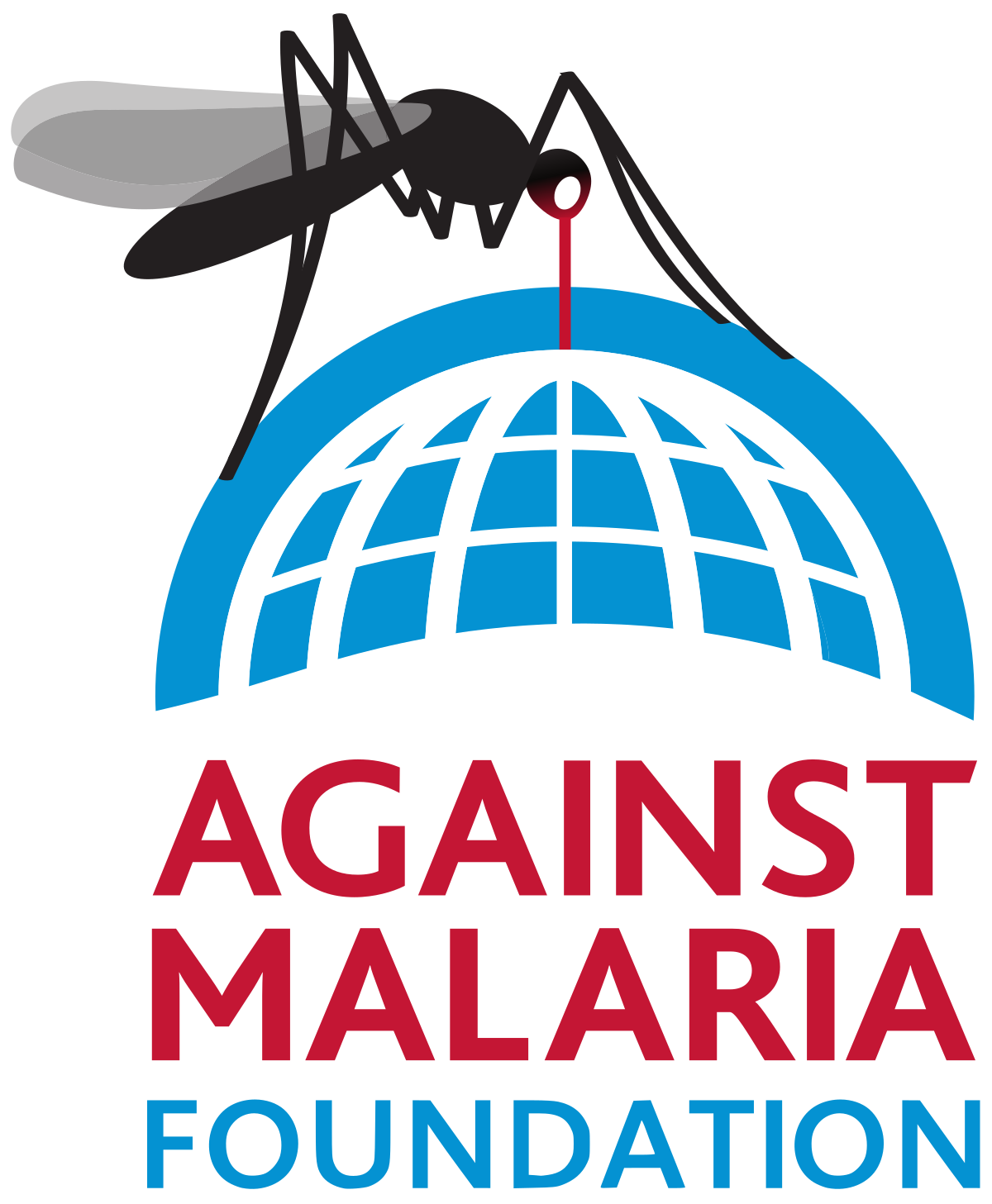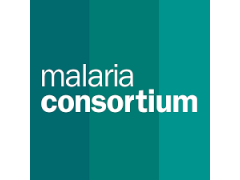Easily preventable or treatable diseases
Written by JD Bauman
Why focus on this problem?
Every day around 23,000 people in poorer countries die of preventable illnesses including malaria, HIV, tuberculosis, and diarrhea.
That’s really, really bad.
It’s easy for many of us who live comfortably to hear facts like this, lift a solemn prayer, and carry on with our lives.
The best Christians of every age didn’t do this. Many dropped everything and invented public hospitals, modernised the nursing profession, and otherwise risked their lives to save the sick and dying.
You too can join a rich tradition of bringing life to the sick, which goes back to Christ himself. You too can extend Christ’s healing touch in many highly impactful ways.
We share how in this summary and in our full report.
Florence Nightingale was a statistician who dedicated her life to preventing and treating disease. She saved thousands of lives by studying death rates and implementing improved hygiene and living standards.
Our overall view
Very often recommended
We think most of our readers should consider working on and/or donating to this issue.
What is our recommendation based on?
Biblical themes:
There are over 200 bible verses about the sick (e.g. Proverbs 14:31, Psalm 147:3, Jeremiah 30:17)
Particularly strong commandments concern serving the “least of these” (Matthew 25:31-46, 1 John 3:16-18)
God is frequently portrayed as an advocate for the oppressed (e.g. Psalm 9:9, Psalm 12:5, Psalm 72:12-14)
Christ is frequently portrayed as a healer (e.g. Matt 12:25, Matt 14:26, Luke 4:40, Acts 10:38, Mark 6:5)
The eschaton has no sadness nor death (e.g. Isaiah 65:17-20 Rev 21:4)
Christian tradition:
Katie Fantaguzzi works as an advisor to a leading global health NGO, the SCI Foundation.
There is a rich history of Christian institutions caring for and healing the sick.
Many exemplary Christians took care of the sick.
Strong secular evidence:
This problem area is a focus of the University of Oxford’s Global Priorities Institute, a research institute for the most pressing problems.
We unpack this problem and high-impact solutions in our full report.
What are common theological arguments against it being pressing?
Some argue that sickness is intentionally allowed or even caused by God to allow Him to accomplish sovereign purposes. Though it may still be our responsibility to minister to the sick, there might be some redemptive quality to the experience of sickness which would lessen the scale of the overall problem.
Bible verses about caring for one’s own relatives and unfortunate circumstances could lead one to prioritize serving the health of one’s own sick relatives.
Other arguments for relationship-constrained giving.
Want to Make A Difference? Donate Now:
Top Picks:
Against Malaria Foundation: Fund long-lasting insecticidal nets to prevent malaria.
Helen Keller International: Provide vitamin A tablets to deter blindness and mortality in infants and women.
Malaria Consortium: Control the spread of malaria and NTDs, especially for children under age 5.
New Incentives: Give cash to caregivers in northern Nigeria to increase childhood vaccination rates.
Top ways to make an impact
Pray and think carefully.
Donate to a GiveWell recommended charity today.
Pursue any meaningful career and take the Giving What We Can pledge to donate at least 10% of your income to effective charities in global health.
Donate your kidney.
Plan a career as an economist at intergovernmental organizations such as the World Bank or World Health Organization.
Start or work in a nonprofit that scales up proven treatments.






